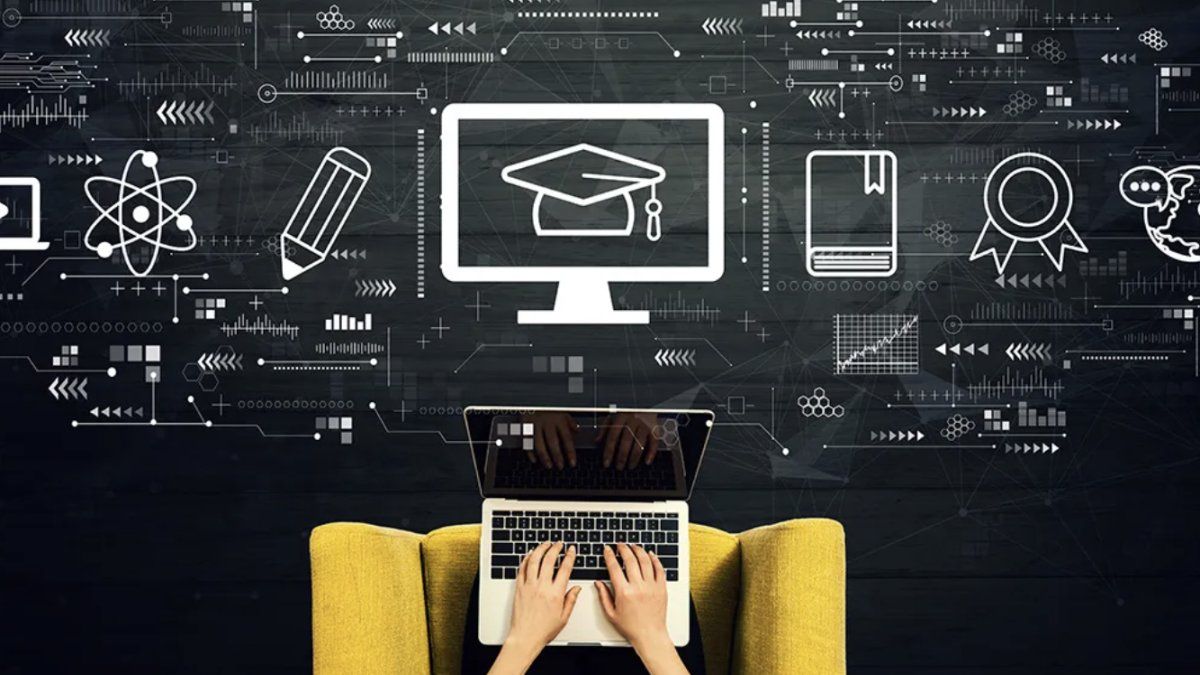The lack of guidance on artificial intelligence and the lack of universal access to the internet contribute to an urgent need to rethink various aspects of technological education.
The education is undergoing a period of profound transformation. Traditional practices are proving insufficient in the face of the challenges posed by the contemporary world in which social, labour and technological demands demand a renewed response.
The content you want to access is exclusive for subscribers.
A study of the UNESCO carried out in 2023 revealed a worrying gap in the integration of new technologies, such as Artificial Intelligence, into the global education system. Less than 10% of educational institutions around the world have formal guidelines on AI, underscoring the urgency of reformulating educational policies.


Furthermore, alongside this technological gap, a key challenge remains: the lack of universal access to the Internet. Although connectivity has improved in recent years, it remains insufficient. According to the 2021 National Report on Educational Indicators, internet access at the initial level increased from 62% in 2019 to 69% in 2020; in primary education, from 68% to 73%; in secondary education, from 68% to 73%; and in higher education, from 85% to 87%.
Therefore, generating meaningful learning experiences that not only inspire those who make up the educational ecosystem, but also contribute substantially to social transformation is essential. In this way, innovation is positioned as the fundamental pillar of an educational “reset” and the main way of adapting to current demands.
This transformation requires the adoption of a experimental and participatory approachInnovation in education involves the incorporation of emerging technologies and also a profound redesign of teaching and learning methods, where the focus is on fostering creativity, adaptability and critical thinking, essential skills for all professions of the future and those that are changing.
However, careful preparation is needed and it is not a challenge exclusive to Argentina, but to all of Latin America. The region faces similar challenges in terms of equitable access to education, tools and preparation for a constantly evolving labour market. Collaboration and the exchange of good practices between countries are crucial to nurture a common approach that allows us to overcome barriers and build an inclusive future.
The education of the future must be inclusive and accessibledemocratising access to knowledge, equipping new generations with the necessary skills and developing life skills. The key to overcoming these challenges lies in a collaborative approach.
Educators, academic leaders and decision-makers must come together to share experiences and examples that have proven effective. This collective approach is what will allow us to build a new paradigm, one that is up to date and that prepares students to be agents of change in their communities.
Seen in this light, educational innovation is much more than a response to current demands. It is the foundation on which it is possible to build a system that is not only adapted to the present, but also prepared for the future. Only through a joint and coordinated effort between all the actors in the educational ecosystem, will we be able to guarantee a safe and healthy future for our next generations.
General Coordinator of Educational Innovation at Siglo 21 University
Source: Ambito
David William is a talented author who has made a name for himself in the world of writing. He is a professional author who writes on a wide range of topics, from general interest to opinion news. David is currently working as a writer at 24 hours worlds where he brings his unique perspective and in-depth research to his articles, making them both informative and engaging.




